The “trough” between creative freedom and standards
In recent years, many cultural and artistic phenomena have made public opinion question: Where are the limits of creative freedom?
For example, recently, the domestic music market has seen many products that make listeners "frown". At the end of October 2025, the Propaganda and Mass Mobilization Committee of the Ho Chi Minh City Party Committee issued Official Dispatch No. 69-CV/BTGDVTU requesting guidance and rectification of musical activities that show signs of cultural deviation, stating that many songs released, performed and spread on social networks use offensive, vulgar, substandard language, distort aesthetic values, and go against good customs. The dispatch specifically mentioned a number of singers and suggested that it is necessary to consider not inviting "artists whose compositions, behaviors, words, and performances are contrary to good customs and cultural deviations" to participate in the city's programs.
Not only in music, in the issue of relic restoration, although the Law on Cultural Heritage has clearly stipulated the preservation, renovation and restoration of relics, in reality, there are still units that do not implement correctly or fully, even irresponsibly. The consequence is that many valuable historical and cultural values have been violated, even lost forever - something that no future efforts can compensate for...
The above examples clearly show that not every creation is good, not every performance is up to standard, not every restoration retains its original value. From offensive lyrics, counter-cultural performances, to artists' deviant statements on social networks or illegal restoration of relics, breaking the original identity..., all show that when the boundary between creative freedom and ethical limits is increasingly fragile, the question "How far can the law protect beauty?" becomes more relevant than ever.
Culture, in a broad sense, is the sum of all material and spiritual values created by humans. But for those values to be nurtured, spread and not be distorted, society needs a “soft barrier”, which is the law. If there is a lack of a clear legal framework or weak enforcement, the consequences will spread from loss of trust, loss of identity to damage to the national spirit.
Let the law "live" with culture
Before talking about the issue of letting the law "live" with culture, it is necessary to determine that the law is not only a regulatory tool, but also a silent protector of cultural heritage, of creative rights and of the people's right to enjoy culture.
For many years, the Vietnamese legal system has gradually formed a comprehensive cultural management framework through laws such as: Advertising Law, Intellectual Property Law, Cinema Law, Press Law, Decree 144/2020/ND-CP on performing arts activities, Code of Conduct for artists issued by the Ministry of Culture, Sports and Tourism in 2021, or the Law on Cultural Heritage (amended) in 2024 effective from July 1, 2025... This demonstrates the effort to legalize cultural values not to control creativity, but to prevent deviation and protect the public from "anti-cultural" products. In other words, culture cannot develop spontaneously, the law is the tool to orient, filter and encourage the values of truth - goodness - beauty of life in general and cultural life in particular.
Thanks to a strict legal framework, thousands of relics, scenic spots, and traditional festivals have been preserved and restored to the correct standards. Many works of art are protected by copyright and related rights, helping artists feel secure in their creations. Along with that, new regulations on the release of films, video games, content on digital platforms, etc. are gradually establishing a “rule of law culture” in cyberspace, where the boundary between creation and violation is just a click away.
In a broader sense, law is the concretization of culture at the level of social organization. A cultured society is a society that respects the law and vice versa, a progressive legal system also reflects the cultural level of that country. A strong culture is not a culture with many works that attract attention from many different directions, but a culture with many decent works, created and spread within the framework of law and morality.
The law only truly brings into play its value when it is transformed into self-awareness in every citizen - when the artist sees himself as responsible to the audience, when the restorer knows how to respect the memory of his ancestors, when the people understand that protecting heritage is protecting their own identity. That is why, in addition to perfecting the institution, Vietnam needs to build a "culture of law compliance" in all fields, especially culture and media. Aesthetic education , civic education and legal propaganda need to be connected to form a "circle of culture - law - people", so that every citizen realizes that living and creating within the framework of the law is also a way to honor culture, then that is the sign of a civilized, humane and sustainable society.
Following Official Dispatch No. 69 of the Ho Chi Minh City Party Committee's Propaganda and Mass Mobilization Commission, on October 27, the Department of Performing Arts and the Department of Radio, Television and Electronic Information, Ministry of Culture, Sports and Tourism held a working session on a plan to rectify and strictly handle the recent situation of many songs with offensive lyrics and cultural deviations. At the meeting, Director of the Department of Performing Arts, People's Artist Xuan Bac, emphasized that art is life, theater is life, but that life must be selected to become art.
Reality has shown that the gap between regulations and practice still exists. In some cases, administrative sanctions are not enough to prevent cultural infringement or "creative disguised" behavior. The solution to this problem, many experts believe, is that "culture needs a soft legal mechanism that is both strict and humane", meaning that, in addition to punishment, there must be a mechanism to educate, orient and encourage sustainable beauty.
Also according to the Director of the Department of Performing Arts, People's Artist Xuan Bac, in the coming time, the Department of Performing Arts will continue to closely coordinate with relevant agencies to both create a legal corridor to encourage creativity and develop the cultural and entertainment industries, and ensure state management so that arts develop in the right direction and comply with regulations.
Associate Professor Dr. Bui Hoai Son, Standing Member of the National Assembly 's Committee on Culture and Society, also emphasized the importance of rectifying musical activities, which is a necessary and timely move and clearly demonstrates the sense of responsibility of cultural leaders and managers in the current context. However, according to Mr. Son, culture is not a field for "punishment" but a space for "transformation and enlightenment". Therefore, instead of "banning the airwaves", a mechanism for controlling and restoring culture should be established. "Vietnam is a country that always puts people at the center of all policies, including in the cultural field. Therefore, instead of an absolute ban, we need to manage, orient and educate to help artists perceive, correct mistakes and develop", according to Mr. Son.
It can be seen that, in the journey of building a civilized and humane Vietnamese society, law and culture are not two parallel lines but two tightly woven threads. Creative beauty needs a legal framework to reside in and the legal framework can only truly “live” when it is built from beauty for people and for the community. When each piece of music, each relic, each performance… is placed within the framework of responsibility and law, then culture can truly become the foundation of development and the new law is not just a law but the spirit of living together, living with culture of an entire nation.
According to many experts, for the law to be a tool to protect and orient culture, the law needs to perform three very clear roles: orientation (setting the limit between moderate creativity and deviant creativity); protection (protecting relics, treasures, copyrights, and community culture from commercialization, destruction, and distortion); handling and deterrence (when there are violations, the law needs sanctions strong enough to deter).
However, no matter how strict the legal framework is, it cannot replace all social awareness. Creating a "culture of law compliance" means that each artist, each heritage manager, each citizen sees their responsibility, is the sustainable destination. To do this, it is necessary to perfect the institution (review laws, decrees, and guidelines to eliminate overlaps and loopholes; issue clear regulations on the responsibilities of artists, producers, and performance organizers); strengthen enforcement (invest in human resources and monitoring technology for museums and relics; censor the content of songs and performances according to the catalog; coordinate interdisciplinary efforts to quickly handle deviations); communication and education (raise public awareness, artists understand that they are not only creative but also bear cultural responsibility; people understand their rights and responsibilities in protecting heritage and selectively consuming culture).
According to the Department of Radio, Television and Electronic Information, Ministry of Culture, Sports and Tourism, the authorities are making efforts to complete the legal corridor, specifically Decree No. 144/2020/ND-CP of the Government regulating performing arts activities is being reviewed and comments are being sought for revision and supplementation; Decree No. 38/2021/ND-CP of the Government regulating administrative sanctions for violations in the fields of culture and advertising is being consulted for revision and has provisions to ensure sufficient deterrence.
Source: https://baophapluat.vn/van-hoa-nhin-tu-lang-kinh-phap-luat-khi-cai-dep-cung-can-khung-phap-ly.html


![[Photo] Prime Minister Pham Minh Chinh attends the Patriotic Emulation Congress of the Ministry of Foreign Affairs for the 2025-2030 period](https://vphoto.vietnam.vn/thumb/1200x675/vietnam/resource/IMAGE/2025/11/10/1762762603245_dsc-1428-jpg.webp)




![[Photo] Prime Minister Pham Minh Chinh attends the annual Vietnam Business Forum](https://vphoto.vietnam.vn/thumb/1200x675/vietnam/resource/IMAGE/2025/11/10/1762780307172_dsc-1710-jpg.webp)




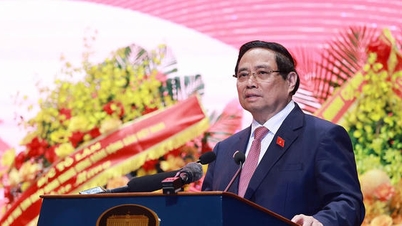








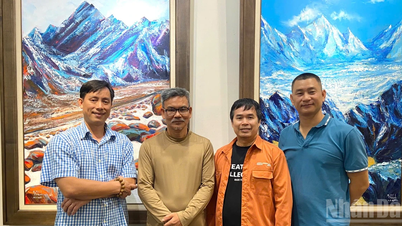

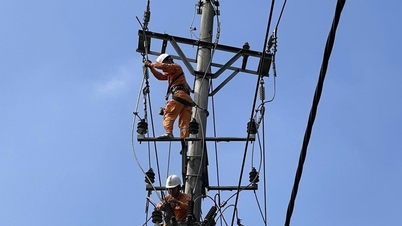


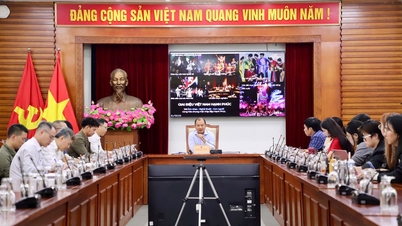







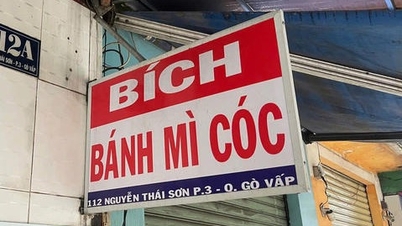


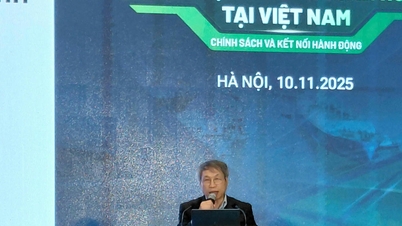
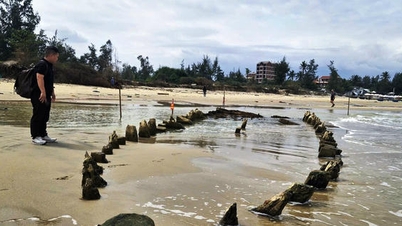






































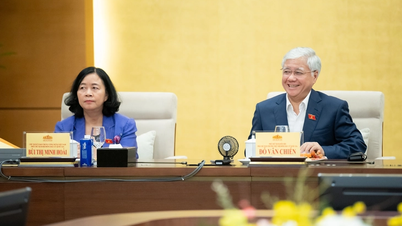




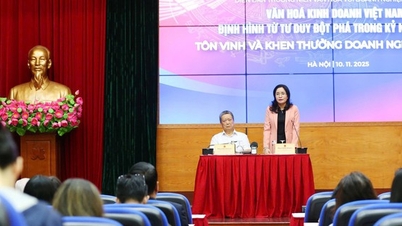
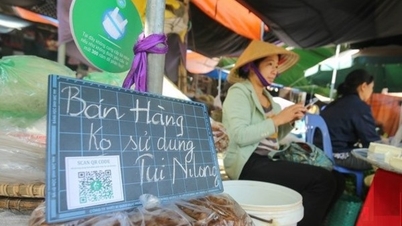




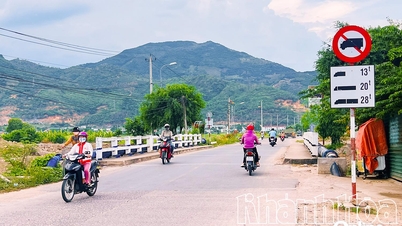




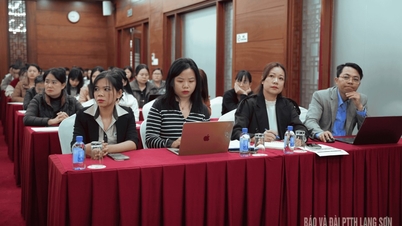


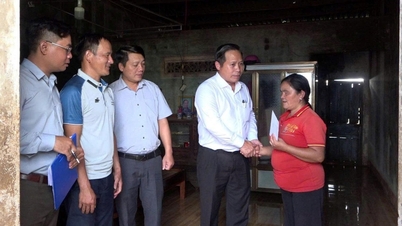

![Dong Nai OCOP transition: [Article 3] Linking tourism with OCOP product consumption](https://vphoto.vietnam.vn/thumb/402x226/vietnam/resource/IMAGE/2025/11/10/1762739199309_1324-2740-7_n-162543_981.jpeg)










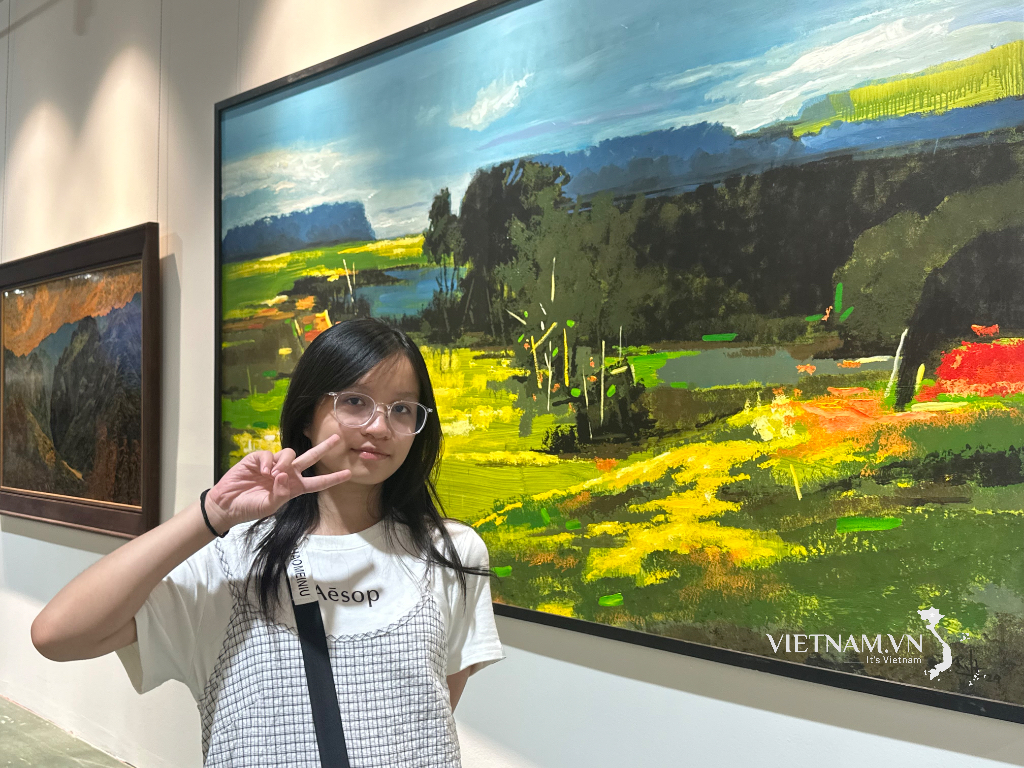
Comment (0)